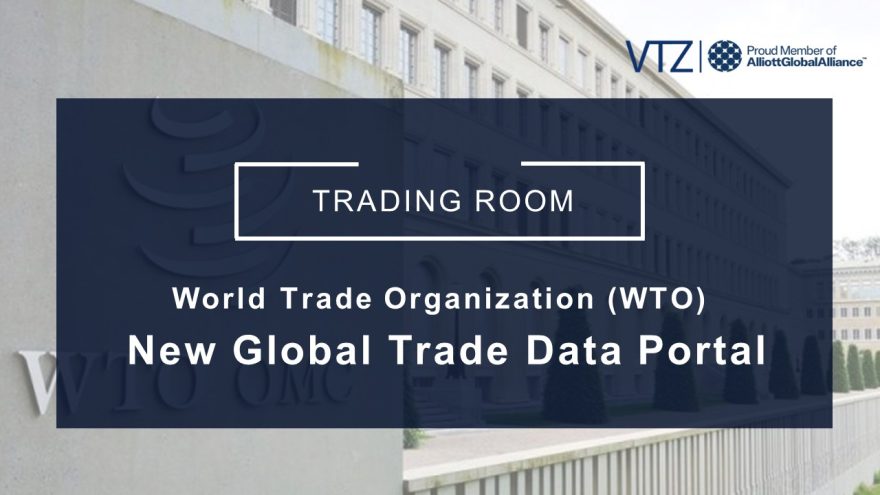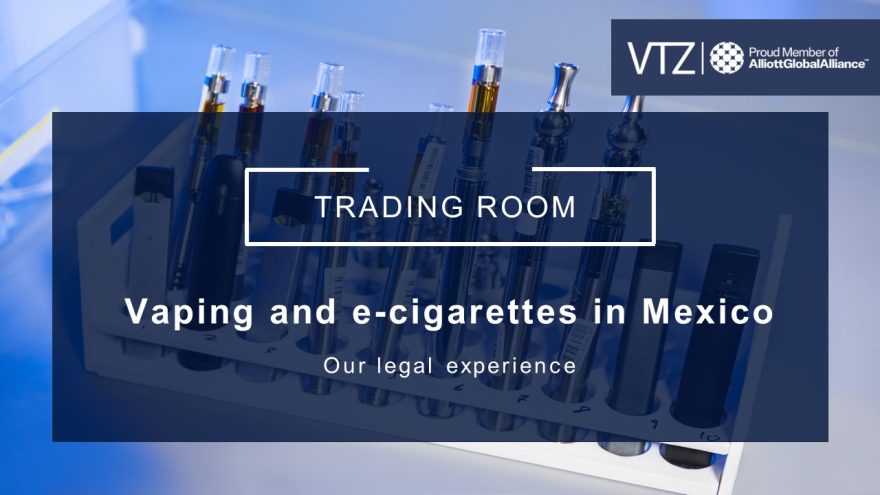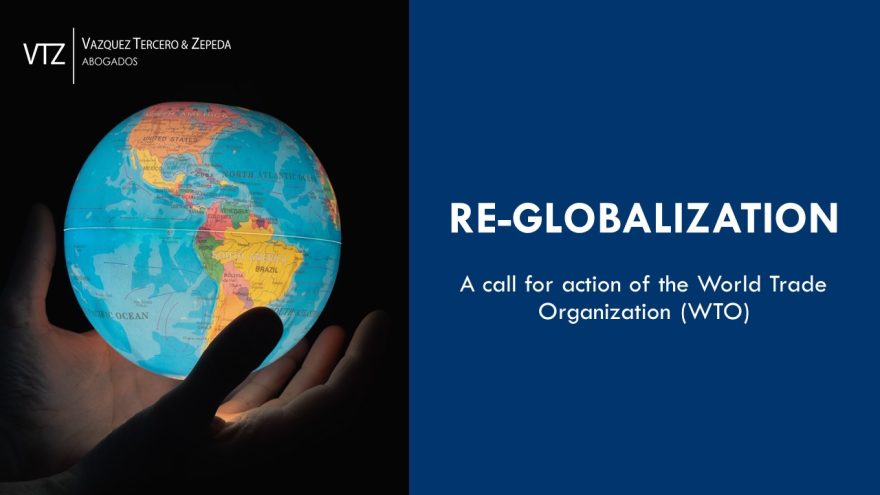Our seventh chapter of Doing Business in Mexico, Labor and Migration in Mexico, will provide a general overview of the relevant labor law provisions on employment, from worker rights, dismissals to unions and collective bargaining, including a brief summary regarding the USMCA, the rapid response mechanism, as well as information on migration.
This Chapter includes the following sections:
- Labor and Migration Environment
- Individual Employment Agreements
- Foreign Employees
- Outsourcing
- Salary and Wages
- Termination of Employment
- USMCA Labor Chapter
- Labor Mexican Amendment: Unions and Collective Bargaining
- Migration Matters
 Cargando…
Cargando…
Labor and Migration Environment
Mexico’s labor framework is set forth in the Constitution and the Federal Labor Law (hereon “Labor Law”). Accordingly, a “job” or “working relation” is defined as rendering of a subordinated personal service to another person in exchange for a wage.[1] The job definition is quite broad because any person that renders a subordinated service to another, who in turn pays compensation, is deemed as an employee, regardless of the nature of the service performed, and he or she is entitled to labor rights.
Pursuant to the Labor Law, workers are entitled to numerous rights. Employees are entitled, for instance, to profit sharing, which can only be dismissed in a limited number of cases. If a worker is terminated without a justified cause, he or she is entitled to seek job reinstatement or severance pay. Indeed, foreign investors perceive Mexican Labor Law as “overprotective” and costly, as noted in WEF’s Global Competitiveness Index 2019.
In addition to the Labor Law, Mexico has the following labor-related laws or regulations that complete its regulatory framework:
- Social Security Law,
- Retirement Savings System Law,
- Institute of the National Housing Fund for Workers Law (INFONAVIT Law),
- Federal Regulation on the Safety, Hygiene, and Environment at the Workplace,
- The Mandatory Standard NOM-035-STPS-2018 on Psychosocial Risk Factors at Work – Identification, Analysis, and Prevention,[2] establishing the elements to identify, analyze and prevent psychosocial risk factors, as well as to promote an environment organizational support in the workplace.
The employers are required to register all of their employees before Mexican public institutions, namely the Mexican Social Security Institution (IMSS, acronym in Spanish), the National Housing Fund for Workers (INFONAVIT, acronym in Spanish) and the National Fund Institute for Workers’ Expenditures (FONACOT, acronym in Spanish). As a result, an employer has to pay “social-taxes” to these agencies. Failing to register or make timely payments regarding these social-taxes, the employer is subject to penalties and surcharges.
Also, the employer will have to register before the tax or treasury authority of the State (i.e. local authority). States collect a Payroll tax that is paid by the employer based on wages and other expenditures.
Individual Employment Agreements
As a general rule, the Labor Law establishes that an individual employment agreement duration is indefinite (i.e. permanent). Temporary contracts are permitted, however, only when there is a justified cause, such as probationary periods, initial training, among other situations. The employer has the legal duty to have a copy of the agreement.
Foreign Employees
Mexican employers may hire foreign employees. However, the Labor Law provides that employers must comply… Continue reading.
Outsourcing
Outsourcing labor legal schemes are carefully regulated to prevent their abusive use against employees and their labor rights. The 2012 labor reform[3] introduced the “outsourcing or subcontracting regime”, including two very relevant provisions. In essence, a labor-intensive service agreement, for instance, may have far-reaching legal consequences to the extent of deeming service provider’s workers as employees of the contracting company.
In essence, the Labor Law considers that outsourcing entails a “contractor” (i.e. outsourcing company) that performs work or provides services to a “beneficiary”, an individual or enterprise. The beneficiary sets the tasks and supervises the development and execution of the contracted work. In turn, the outsourcing company will carry the services or work with his own employees.
An outsourcing company is responsible for all labor obligations, including social security and tax regarding, his employees. Needless to say, the beneficiary of the outsourcing services is jointly liable in the event that the outsourcing company fails to fulfill its labor obligations (including tax and social security).
The Labor Law considers, for instance, “human resources” companies (e.g. head-hunters) as….Continue reading.
Thank you for your interest, to continue reading please fill out the form below.
For more information about VTZ Law Firm services, visit our website.
Subscribe and Recieve Immediately our Guide For Free.
[1] Article 20 of the Labor Law.
[2] Published on October 23, 2018, in the Official Gazette.
[3] Amendments to Labor Law published on November 30, 2012 and being effective as of December 1, 2012.





